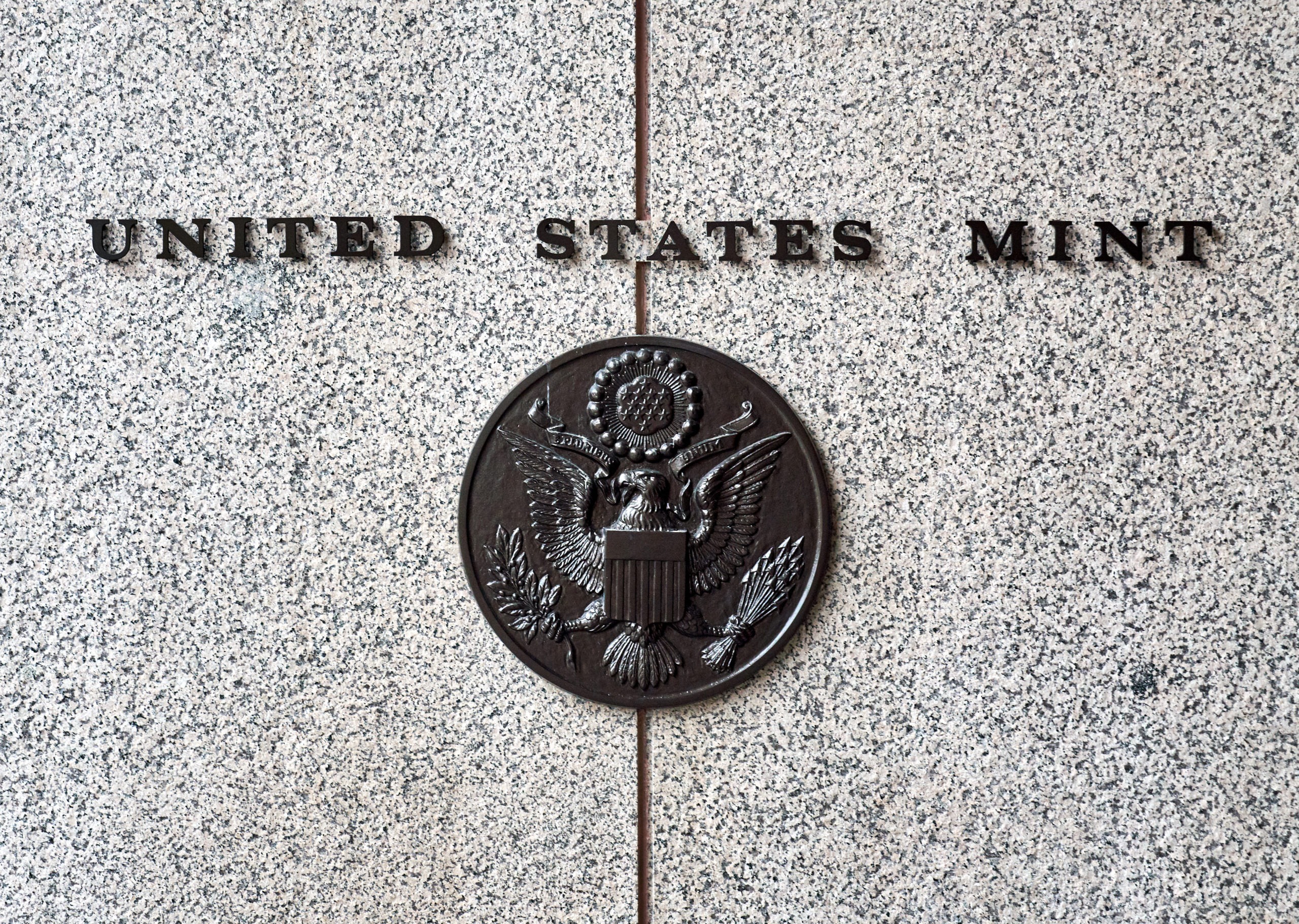Bellevue 425-454-1283 · Lynnwood 425-672-2646 · Issaquah 425-392-0450 · Tacoma 253-328-4014
2020 is a year of continuous curveballs. The latest bizarre crisis facing the United States? A shortage of common coins in circulation.

Just as stocks of toilet paper, hand sanitizer and cleaning supplies return to normal levels, another item we take for granted is in drastically short supply: regular pocket change.
Banks and businesses around the country are running low on the pennies, nickels, dimes and quarters used to make change. Retailers are struggling to keep coins in their cash registers. Customers are being met with signs encouraging the use of credit and debit cards, and some stores are even requiring exact change in order to pay with cash.
What is causing this strange shortage, and what can we expect to see moving forward?
The current national shortage has several root causes, the most prominent of which are:
These primary causes have led to The Federal Reserve rationing coins, limiting deliveries to local banks. This has led to limited coin reserves in most areas of the country, even where there were not initially “natural” shortages of common coinage.
Jerome Powell, chair of the U.S. Federal Reserve, explained the situation. “What’s happened is that with the partial closure of the economy, the flow of coins through the economy has… kind of stopped. The places where you go to give your coins and get credit, cash… those have not been working. Stores have been closed. So the whole system of flow has kind of come to a stop. We’re well aware of this.”
At the same time as coin circulation slowed down due to the coronavirus lockdown, the U.S. Mint slowed production of new coins. This two-pronged blow created a truly unprecedented shortage of coins throughout the nation.
The Federal Reserve has convened a special task force to help mitigate the effects of the National Coin Shortage. Reserve officials are working closely with banks, industry leaders and trade groups to keep as much coinage as possible in circulation.
In mid-June, the Federal Reserve issued a rationing order to coin distribution facilities and Reserve banks. Essentially, this order limited the number of coins available for distribution to financial institutions like local banks. In turn, banks have been forced to limit the volume of coins they distribute to their customers, which are mostly small businesses. At least initially, the order seemed to be felt most in rural areas, where cash remains a very popular way to pay. Many banks were forced to make drastic cuts to coin distribution, but this change allowed for a more even rationing and distribution of coinage.
Individual retailers are also taking steps to conserve their coin inventory. Many retailers are asking customers to pay with credit or debit cards, or asking for exact change.
Walmart has converted some self-checkout stands to no longer accept cash. Grocery giant Kroger has started rounding up transactions to the nearest dollar. Customers can opt to donate the change to a charity, or to have the remainder loaded onto a loyalty card for future use.
In a time where businesses are facing increasingly tight margins, or even operating at a loss, the lack of available coinage presents yet another headache for businesses.
Fortunately, officials from the Federal Reserve expect the coin shortage situation to improve relatively soon. As businesses reopen, and customers return to local shops and banks, the circulation of common coinage should increase rapidly.
If you’re someone who prefers to pay with cash, you will likely be affected in some way by the current coin shortage.
Many retailers are requiring exact change in order to make cash purchases. Some are simply rounding up or down to the nearest whole dollar. Others are encouraging customers to donate the change to a preselected charity. If you shop with cash, you are quite likely to encounter some inconvenience in the coming months.
If you tend to pay with a credit or debit card, or touchless payment via your smartphone, you should not be affected. In fact, most retailers are actively encouraging the use of digital payment methods in order to ease the strain on their limited coin inventories.
In the end, most of the effects of this shortage will be inconvenient at most. The vast majority of retailers are still accepting cash, although they are technically allowed to refuse cash payment, despite the popular misconception that businesses are required by law to accept cash.
Of course, there are concerns that this situation will hurt low-income families the most. A working paper from the Federal Reserve Bank of Atlanta found that low-income people were far more likely to not own a credit or debit card, compared to their middle-class peers. For those who don’t have the option to pay with a card, the current coin shortage could exacerbate an already difficult situation.
While it’s unclear how long the shortage may last, there are already signs of circulation improving. Hopefully, the easing of lockdowns and an increase in production at the U.S. Mint will mitigate the fallout of the coin shortage, leaving us with one less thing to worry about in 2020.